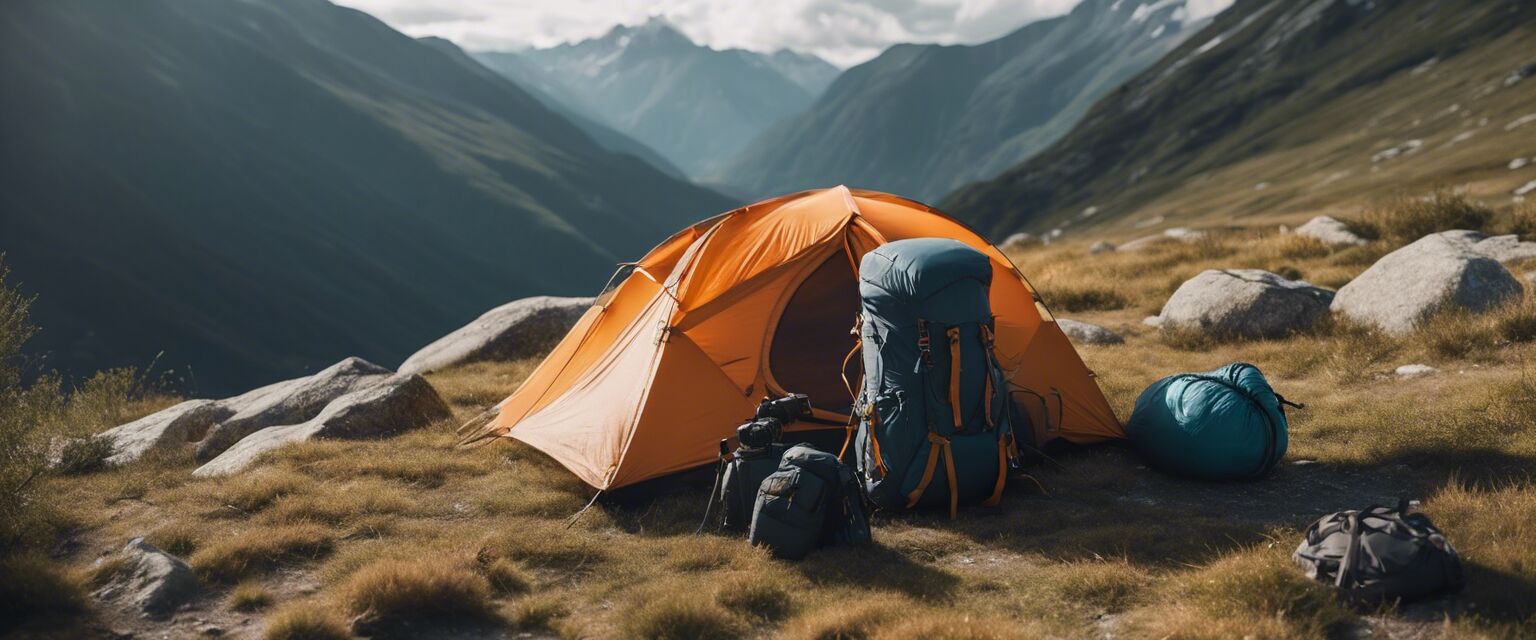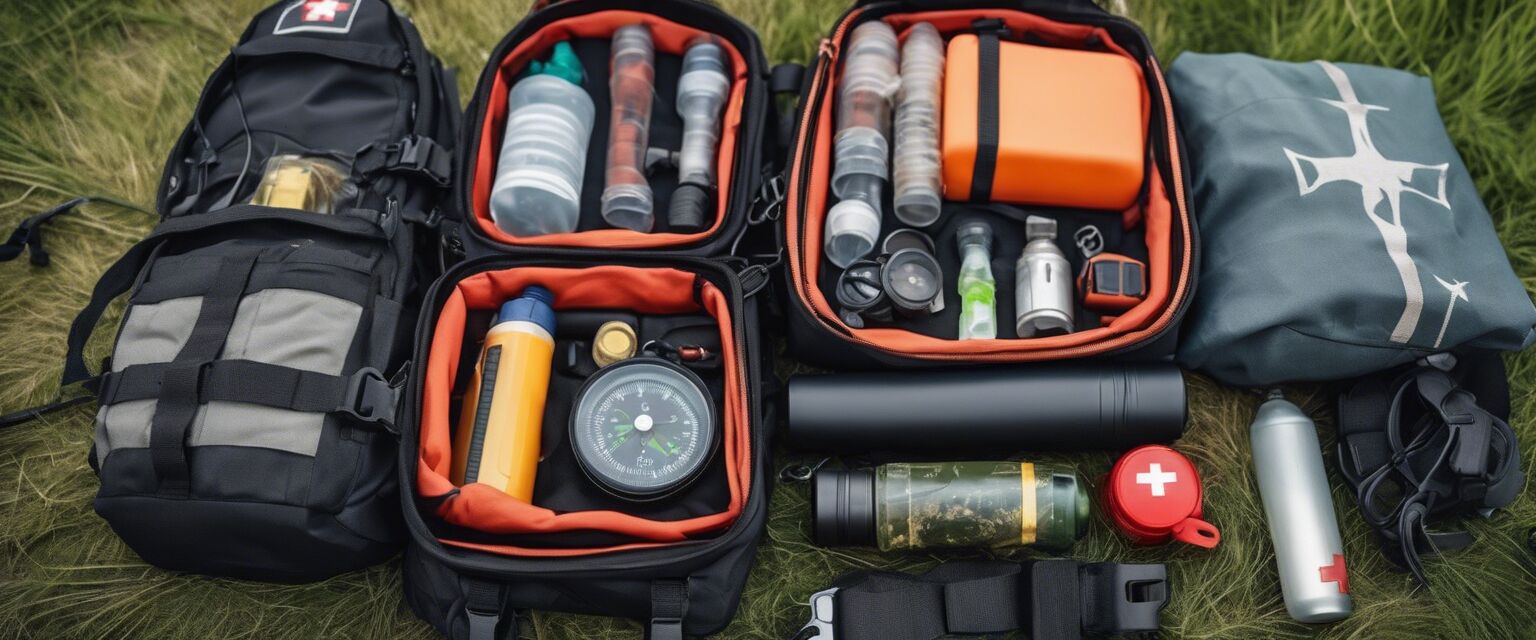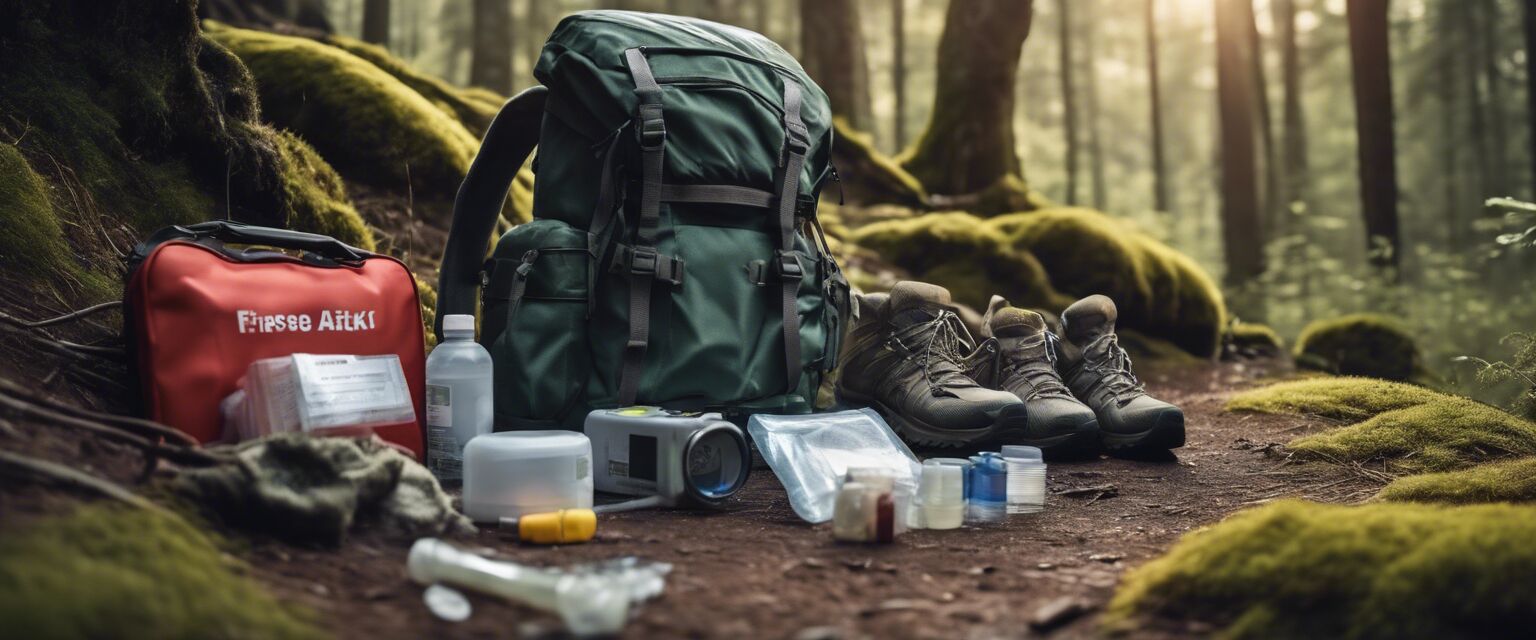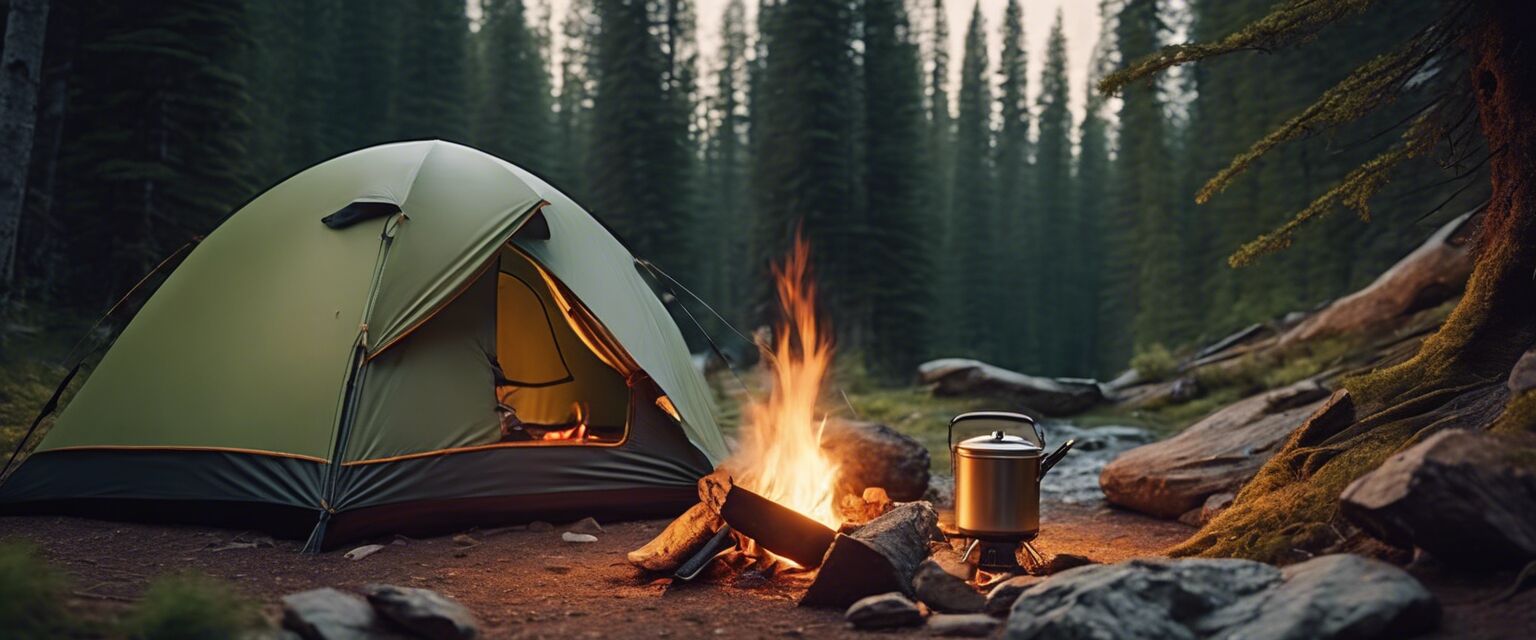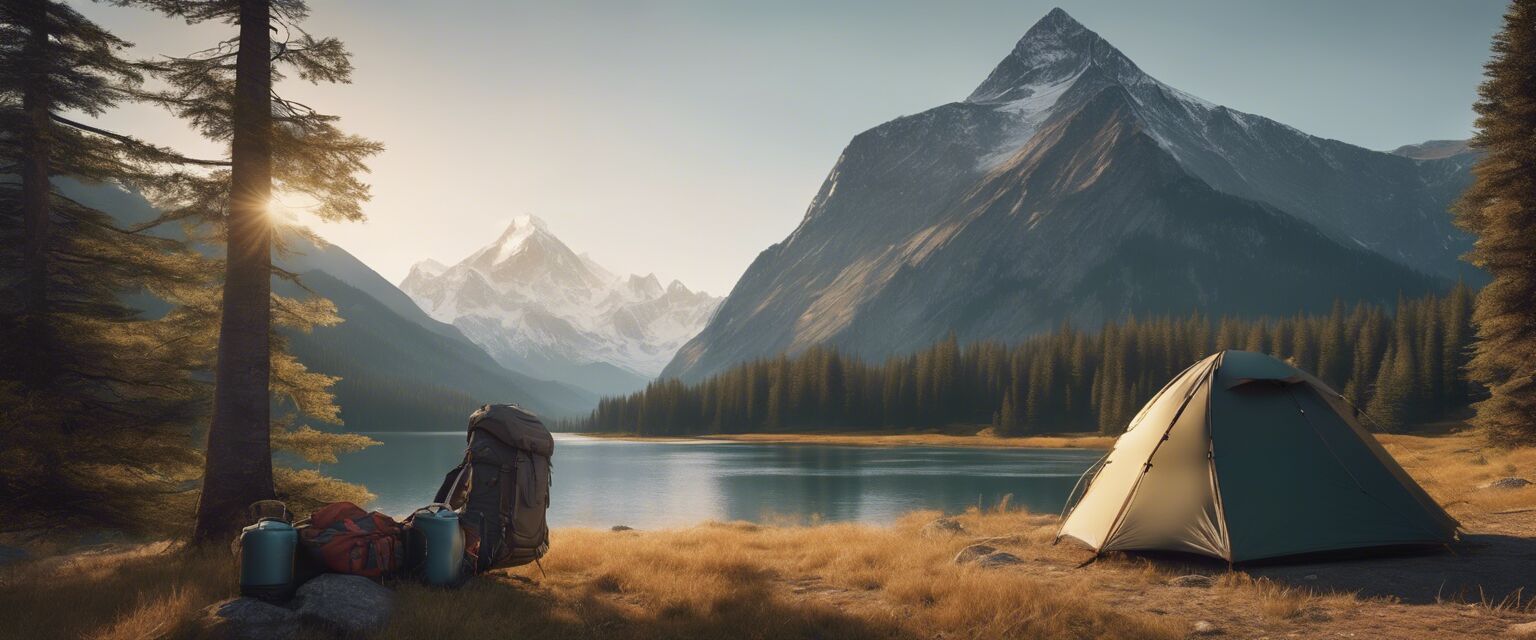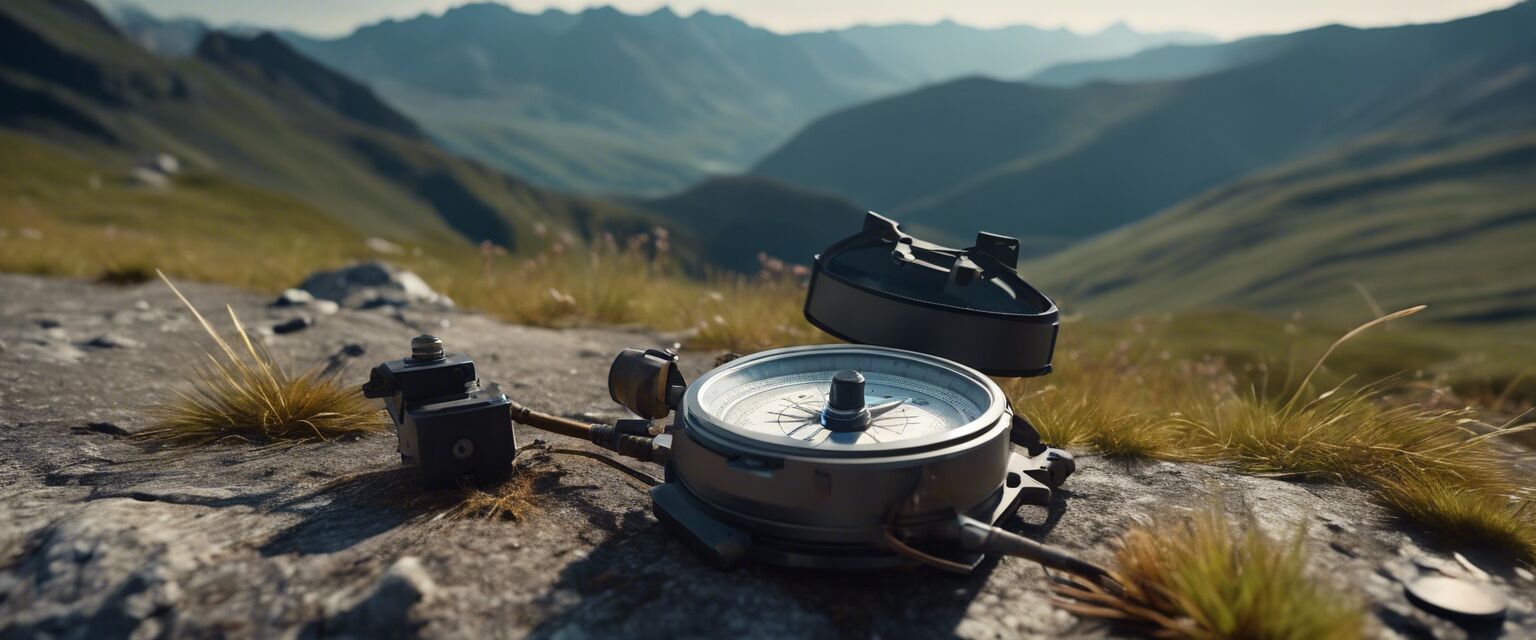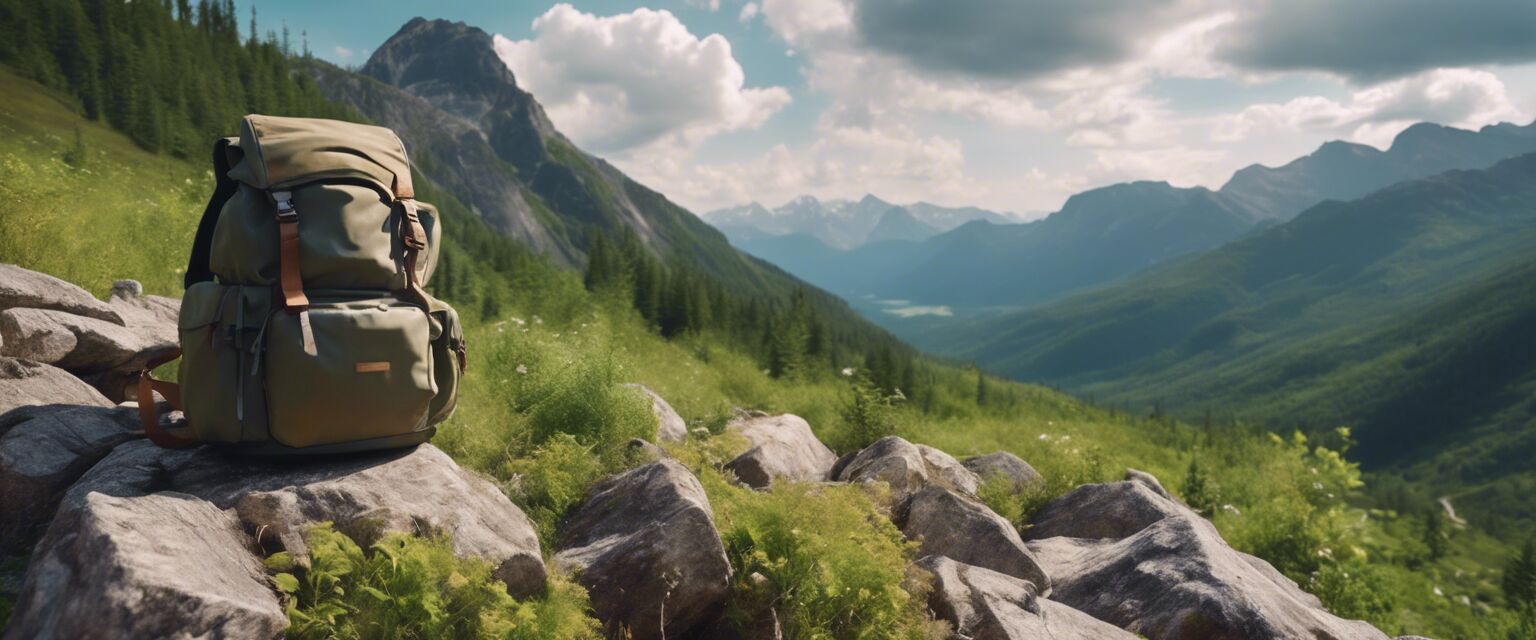
Backpacking Essentials
Key Takeaways
- Choose a durable and comfortable backpack.
- Pack lightweight cooking gear to save space.
- Always include a first aid kit for safety.
- Stay hydrated with an efficient hydration system.
- Don't forget navigation tools for adventure.
Backpacking is an exhilarating experience that allows adventurers to explore the great outdoors with nothing but a backpack filled with essentials. Whether you are a seasoned hiker or new to the world of backpacking, it's crucial to pack wisely. In this comprehensive guide, we will delve into the must-have items for your backpacking trips.
What to pack for your backpacking trip
The first part of successful backpacking is understanding what items are essential for your journey. Let's break down these essentials into categories:
1. Backpacks
Your backpack is your lifeline on the trail, and choosing the right one can significantly affect your experience. Here are some key features to consider:
| Feature | Description |
|---|---|
| Size | Choose a size that matches your trip length (e.g., daypack for short trips or a multi-day pack for extended journeys). |
| Comfort | Look for adjustable straps, padded hip belts, and breathable back panels. |
| Durability | Opt for high-quality materials that can withstand wear and tear. |
Essential camping gear
Once you have selected your backpack, it's time to fill it with essential camping gear:
Cooking gear
When you're out in the wilderness, preparing meals becomes an essential task. Lightweight cooking gear can make this process easier.
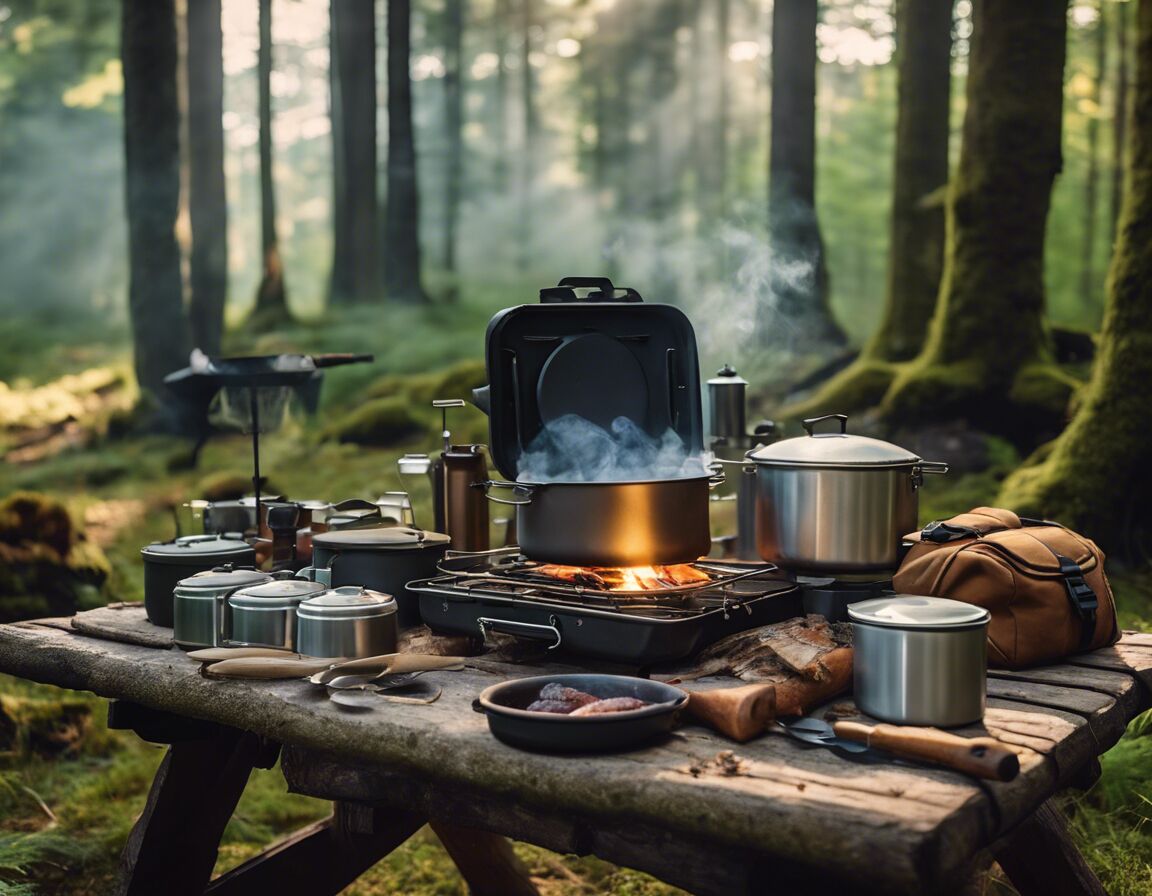
Sleeping equipment
After a long day of hiking, you need a good nightâs rest. Here are some sleeping essentials:
- Sleeping bag
- Sleeping pad
- Compact pillow
First aid kits
Safety should always be a priority. Make sure your backpack includes a well-stocked first aid kit. Key items include:
- Adhesive bandages
- Antiseptic wipes
- Pain relief medication
- Allergy medication
Staying hydrated
A hydration system is essential to keep you hydrated during hikes. Hereâs a comparison of popular types:
| Type | Description | Pros | Cons |
|---|---|---|---|
| Water bottles | Classic choice for hydration. | Easy to refill, various sizes available. | Can take up more backpack space. |
| Hydration packs | Convenient packs with built-in water bladders. | Hands-free drinking while on the move. | May require regular cleaning. |
| Water filters | For sourcing clean water on the trail. | Allows fresh water sourcing. | Can be bulky when packed. |
Navigation tools
Always be prepared with the right navigation tools. These include:
- Compass
- Map of the area
- GPS device
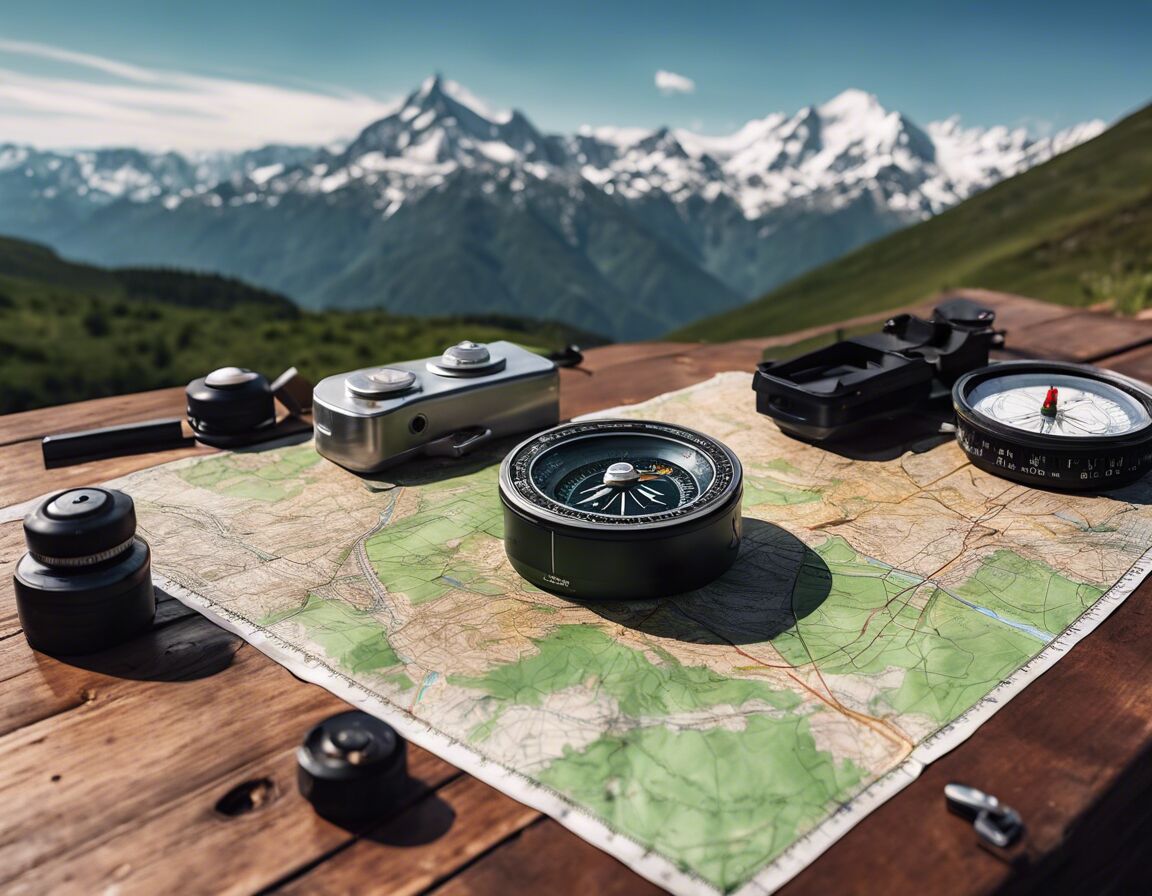
Extra gear to consider
While the essentials are crucial, consider the following extra gear to enhance your backpacking experience:
- Headlamp or flashlight
- Multi-tool or Swiss army knife
- Fire-starting tools
- Portable camp chair
- Dry bags for keeping gear waterproof
Pros
- Reduces stress and enhances adventure.
- Encourages physical activity and fitness.
- Provides opportunities for social bonding with friends or family.
Cons
- Can require a significant initial investment for gear.
- Physical exertion can be challenging for beginners.
- Weather conditions can limit outdoor activities.
Conclusion
Backpacking is a rewarding and exhilarating way to connect with nature. By packing wisely and being prepared with the right equipment, you can ensure a successful and enjoyable adventure. Remember to always adjust your packing list according to the specific needs of your trip and the environment.
Further reading
Explore more of our related articles to enhance your backpacking knowledge:
- Choosing the right backpack
- Top cooking gear for outdoor trips
- Best first aid kits for hikers
- Stay hydrated: Comparison of hydration systems
- Essential navigation tools for outdoor adventures


